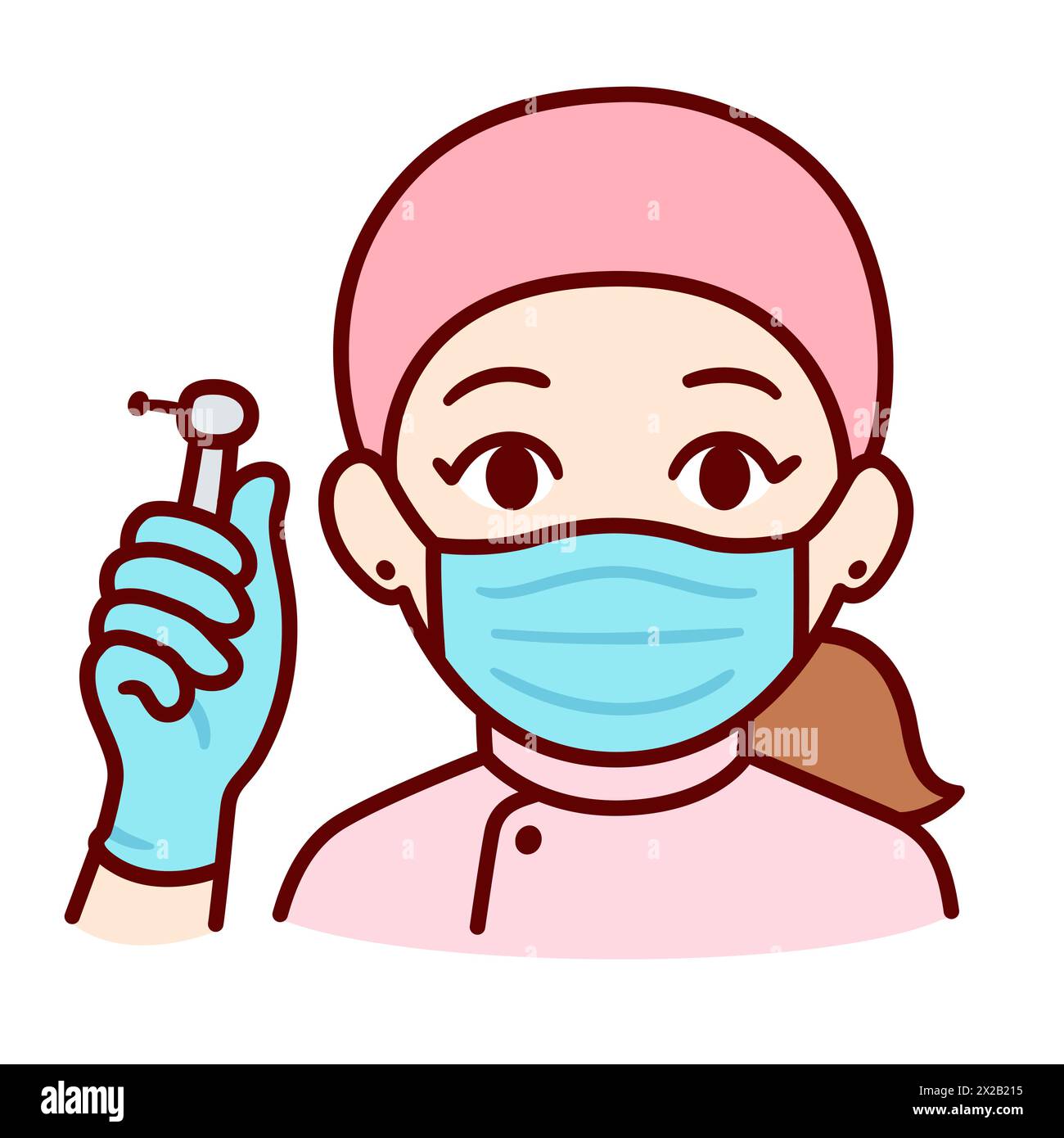Meet Your Friendly Community Dentist Eugene OR and Their Providers
Meet Your Friendly Community Dentist Eugene OR and Their Providers
Blog Article
Discover the Series Of Dental Issues Dentists Generally Deal With
From the common trouble of dental caries triggered by microbial activity to the much more perilous progression of gum tissue illness, oral specialists have to be skilled at early discovery and intervention. Tooth sensitivity, often resulting from used enamel, adds another layer of intricacy, while the early recognition of oral cancer cells can be life-saving.
Tooth Cavities and Tooth Decay
While keeping ideal dental hygiene is important, cavities and dental cavity remain common problems that dental professionals frequently address. Dental caries, additionally called oral decays, are caused by the demineralization of tooth enamel because of acid-producing microorganisms in the mouth. These microorganisms thrive on sugars and starches from food and beverages, creating a cycle of acid assaults that gradually deteriorate the enamel and dentin layers of teeth. If left untreated, tooth cavities can cause considerable oral difficulties, including infections and missing teeth.
To identify tooth cavities and tooth degeneration, dental professionals use a combination of visual examinations, dental X-rays, and often laser fluorescence devices. For even more advanced decay, a dental professional may need to remove the compromised cells and recover the tooth with fillings made from materials such as composite resin, amalgam, or porcelain.
Precautionary actions are vital in combating dental caries and dental caries. Routine oral exams, proper brushing and flossing techniques, and a well balanced diet reduced in sweet foods and drinks are fundamental techniques that support oral wellness and minimize the risk of tooth decays.
Periodontal Illness

This triggers the periodontals to draw away from the teeth, developing pockets that become infected. As the body's immune system combats the microorganisms, the bone and connective cells that hold teeth in location are damaged down.
Dental experts detect gum illness with scientific assessment and gum probing to gauge pocket midsts around the teeth. Therapy might include scaling and root planing to remove tartar and germs from tooth surface areas and below the periodontals. In extreme instances, medical interventions like flap surgery or bone grafts are required to recover dental health. Maintaining proper dental health and routine dental examinations are essential for avoiding periodontal condition.

Tooth Level Of Sensitivity
Beyond gum disease, another common dental issue that clients often come across is tooth sensitivity. Identified by a sharp, transient pain in reaction to stimuli such as warm, cool, sweet, or acidic foods and beverages, tooth level of sensitivity can significantly impact a patient's quality of life.
In addition, link dental procedures, cracked teeth, and gum illness can expose the dentin. To minimize tooth level of sensitivity, dental professionals might suggest utilizing Related Site toothpaste developed for sensitive teeth, fluoride therapies to strengthen enamel, or oral bonding to cover exposed dentin.
Inevitably, dealing with tooth sensitivity needs an extensive approach that includes both safety nets and targeted treatments to minimize discomfort and secure the dental structures.
Dental Cancer
Dental cancer, a possibly life-threatening and severe problem, frequently flies under the radar in routine oral treatment discussions. This kind of cancer can impact any kind of part of the mouth, including the lips, tongue, cheeks, floor of the mouth, tough and soft tastes buds, sinuses, and throat. Early discovery is essential for successful treatment, yet several cases are identified at innovative stages because of refined initial signs.
Misaligned Bites
Misaligned attacks, also called malocclusions, are a common dental concern that can considerably affect both dental health and overall top quality of life - dentist in eugene oregon. These problems take place Continued when the top and reduced teeth do not align correctly, resulting in troubles in biting, chewing, and even speaking. Malocclusions can be categorized right into numerous types, including overbites, underbites, crossbites, and open bites, each providing special difficulties that need tailored treatment approaches
The sources of misaligned bites are diverse and can include genetic aspects, early loss of primary teeth, thumb sucking, and injuries to the jaw. Signs and symptoms frequently include pain or discomfort in the jaw, constant biting of the inner cheeks, and a boosted threat of tooth degeneration and gum disease because of problem in keeping dental health.
Orthodontists and dentists utilize a variety of interventions to resolve misaligned attacks, from clear aligners and standard braces to advanced surgical treatments in serious situations. Early diagnosis and treatment are crucial to avoid complications such as temporomandibular joint (TMJ) problems and irregular endure teeth. Via detailed assessment and personalized therapy strategies, dental specialists play an essential duty in remedying malocclusions and enhancing people' dental function and visual appeals.
Verdict
Cavities and tooth decay result from microbial task that compromises tooth enamel, while periodontal illness can escalate from gingivitis to serious gum problems. Tooth sensitivity involves pain from thermal stimulations, demanding details care.
To diagnose tooth cavities and tooth degeneration, dentists utilize a mix of aesthetic exams, dental X-rays, and often laser fluorescence tools.Beyond gum disease, one more typical oral concern that people frequently come across is tooth sensitivity. Additionally, oral procedures, split teeth, and gum illness can reveal the dentin. To minimize tooth sensitivity, dental experts might advise making use of toothpaste created for sensitive teeth, fluoride treatments to enhance enamel, or dental bonding to cover exposed dentin. Tooth cavities and tooth degeneration result from bacterial activity that jeopardizes tooth enamel, while periodontal illness can intensify from gingivitis to serious periodontal problems.
Report this page